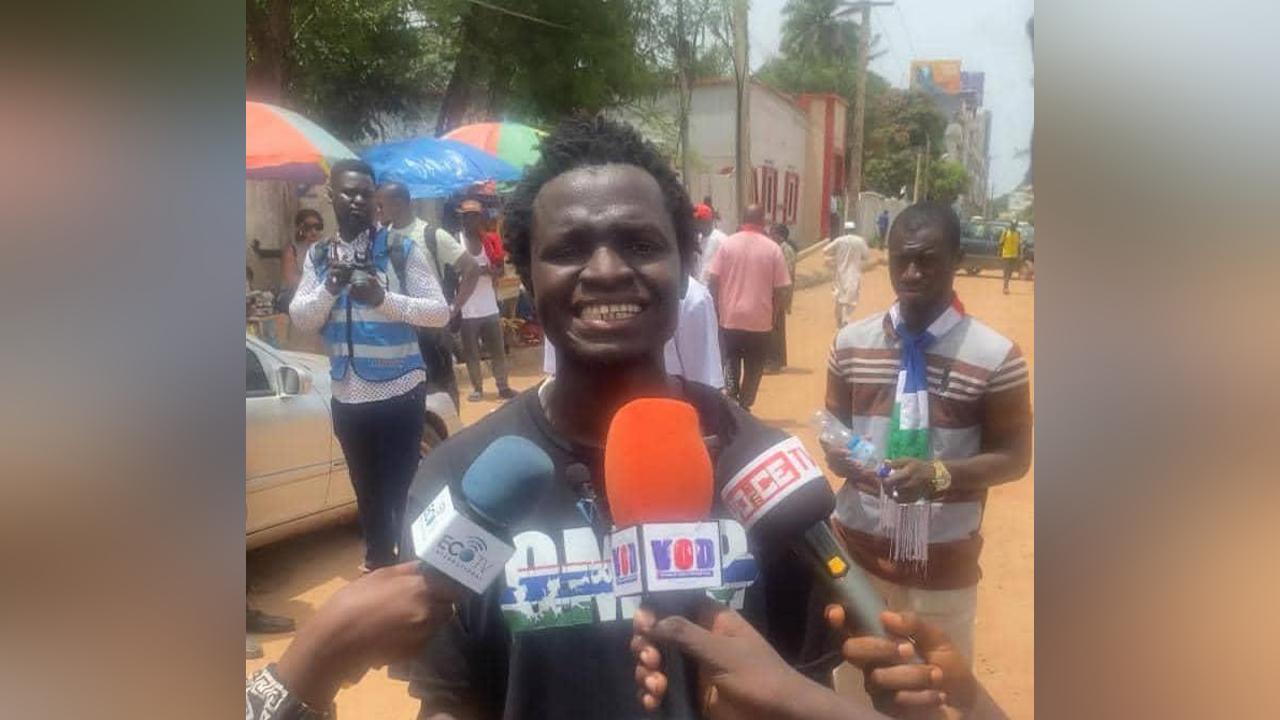Africa-Press – Gambia. Omar Sanyang, a member of Gambia Against Looted Assets (GALA), has described the 2026 elections as a pivotal moment for Gambians to “design the future” of their country.
Speaking in the wake of recent protests and arrests, Sanyang sharply criticized the Public Order Act, calling it “an act of parliament, not part of the constitution,” and arguing that it has long been used to suppress citizens’ rights. He recalled the Edward Francis Small Centre for Rights and Justice, along with other independence-era activists, noting that the law was initially introduced to stifle resistance to colonial rule.
“Protests are a fundamental human right,” he said. “They strengthen democracy. The recent protest outside PURA was peaceful and did not obstruct traffic, yet participants were arrested. This law needs to be revisited,” he lamented.
Sanyang also clarified the distinction between protests “in possession” and those involving permits, equipment, or traffic disruption, and peaceful assemblies meant simply to express public concern. He argued that PURA protest fell into the latter category and that participants were well within their constitutional rights.
Addressing the arrest and continued detention of protesters, he called for their unconditional release, accusing authorities of attempting to silence dissent ahead of the crucial 2026 vote.
“We do not want our children to ask what we did to address these issues,” he said. “The country has lacked a solid foundation since independence in 1965.”
In a direct appeal to Gambian youth, Sanyang urged them to see themselves not as the “future” but as the “now,” emphasizing the need for active political participation. “If you wait until you are 60, they will decide when to give you power. Power must be claimed and exercised today,” he said.
He also pointed to everyday economic challenges facing ordinary Gambians—highlighting the high cost of mobile data and the low salaries of police officers—as structural issues feeding poverty and corruption.
“My grandmother cannot afford D500 for 14 days of data, while police officers earn D2,500 to D4,000. People struggle to feed their families, and corruption becomes inevitable,” he said.
Sanyang concluded that tackling these economic and institutional challenges is essential to curb corruption and ensure meaningful democratic participation in the 2026 elections.
For More News And Analysis About Gambia Follow Africa-Press






